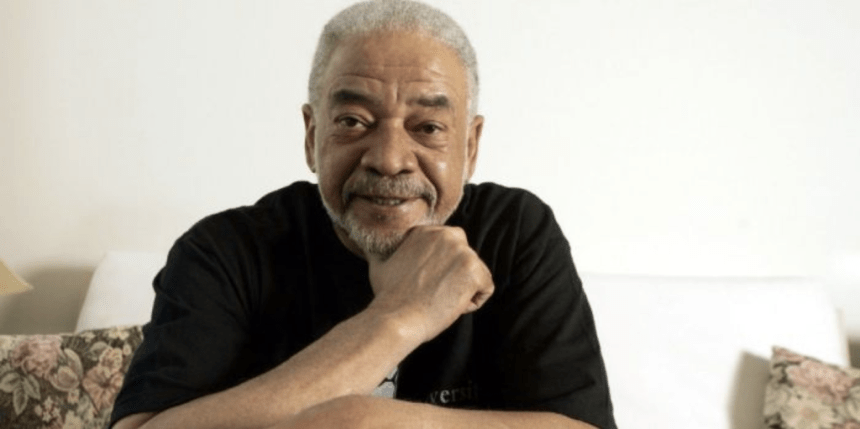
Award-winning Bill Withers created a number of hits that we still hear now, either as the original hits or as samples for some of today’s greatest hip-hop songs. Singles like “Lovely Day”, “Grandma’s Hands”, “Use Me” and “Ain’t No Sunshine” all came from the mind of Bill. But many didn’t know that the artist went through a tough time and that’s what inspired one of his biggest hits.
“Men have problems admitting to losing things,” he said. “I think women are much better at that. . . . So, once in my life, I wanted to forgo my own male ego, admit my own depression and to losing something, so I came up with… ‘Ain’t no sunshine when she’s gone / It’s not warm when she’s away / Ain’t no sunshine when she’s gone / And she’s always gone too long, any time she goes away.’”
“Ain’t No Sunshine” gave Withers his first gold record, earned him a Grammy, and, with later hits such as “Lean on Me” and “Use Me,” forms the cornerstone of a small but indispensable section of the American songbook. A new documentary about Withers, “Still Bill,” is an no-nonsense, confident attempt to look inside the personality of a man who wrote so well and then walked away from it all in 1985, adding only a handful of songs to his legacy since then.
YOU MAY ALSO LIKE
Actually, the bravery of Withers to admit that he needed help with others is what allowed him to write “Lean on Me,” maybe the best-known song to friendship and family, released in 1972.
If you remember, some of the lyrics go like this:
Sometimes in our lives we all have pain
We all have sorrow
But if we are wise
We know that there’s always tomorrow
Lean on me, when you’re not strong
And I’ll be your friend
I’ll help you carry on
For it won’t be long
‘Til I’m gonna need
Somebody to lean on…
At one point in his documentary, Withers says he would like “for my desperation to get louder.”

The sixth of six children, William Harrison Withers, Jr., was born on July 4, 1938, in Slab Fork, West Virginia. The town’s only viable industry was coal mining, and Bill, Jr., was the only man in his family who did not end up working in the mines. When he was three years old, his parents divorced, and Withers eventually moved eleven miles east, to Beckley, where he was raised primarily by his mother’s family; he was an asthmatic and a stutterer. Eager to leave West Virginia, he joined the Navy when he was seventeen, and spent nine years in the service. While stationed in Guam, he took to singing in local bars, favoring material by artists like…











